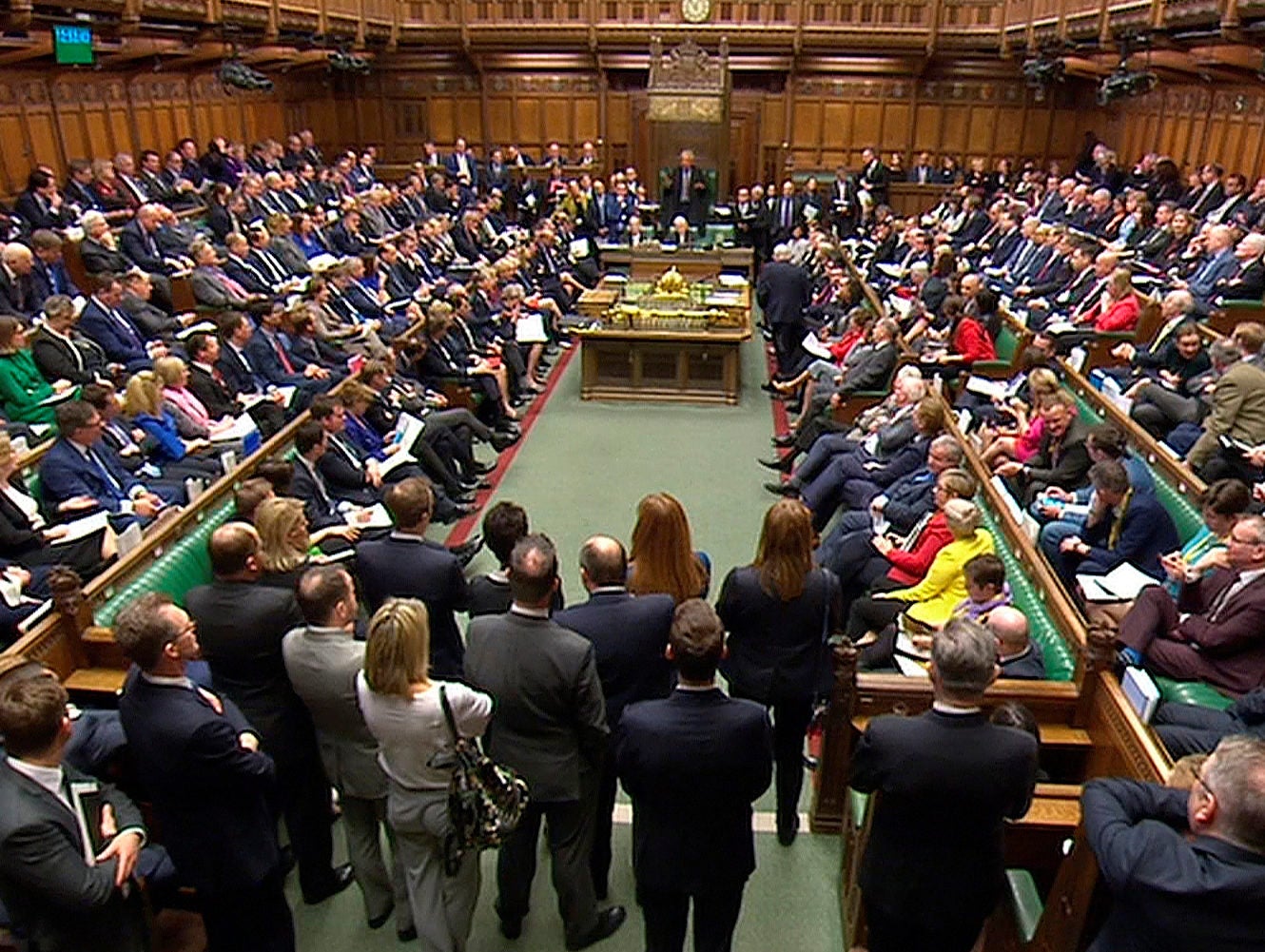
The BBC has U-turned on plans to cut some programming from its Parliament channel, announced earlier this year.
In a memo published by the Department for Digital, Culture, Media and Sport Committee today, the broadcaster said it had reflected on its decision and decided that daily and weekly summary programmes on BBC Parliament provided “reflection” and “clarity” for audiences.
It added that its coverage of the Speaker’s Lectures would continue and that it was considering what the mix of programming on BBC Parliament should look like.
DCMS Committee chairman Damian Collins said: “Since our evidence session in Salford [in Manchester] last month we have had assurances that changes to BBC Parliament announced earlier this summer may be dropped or amended.
“The BBC had stated that daily and weekly summary programmes on BBC Parliament may be cut. In supplementary evidence published by us today the BBC states that it now believes that these programmes should continue as they provide ‘important reflection and clarity for audiences.
“We welcome this change of heart. BBC Parliament has a unique importance to Parliament and the many viewers wishing to see their democratic institution at work on their behalf.
“We also welcome the BBC’s announcement that it is ‘still working through’ the precise mix of programming on BBC Parliament in the future.”
The BBC announced £1.9m of cuts to political programming in July that led to 23 redundancies and changes to the flagship Daily and Sunday Politics programmes.
Sunday politics became a half-an-hour long show – cutting its run time by 45 minutes. It airs at 11am after the Andrew Marr Show.
Politics Live, hosted by Jo Coburn, replaced the hour-long Daily Politics show and cut its airtime by a quarter of an hour.
In its memo, the public broadcaster said the cuts were part of its plan to make £800m of savings by 2021/22.
It read: “As you know, we have been clear about the need to make difficult savings – £800m by the end of the charter period.
“We are working hard at this and are well on our way as we explained to the committee. This does mean making difficult choices. It is our duty to keep looking at our programming and assessing what we can do to make our services better and more efficient for our audiences.
“With this in mind, we announced changes to BBC Parliament before summer recess that would see live and replayed coverage of Parliament and the devolved parliaments and assemblies continue on the channel but discontinue specifically edited programmes.
“Having reflected on this over the summer, we now believe that the edited daily and weekly summary programmes should continue as they provide important reflection and clarity for audiences.
“We will also seek ways of bringing them to a wider audience, in addition to their current transmissions on the BBC News Channel and BBC One overnight.”
Broadcast teams working on the regional editions of Sunday Politics will also have the ability to go live if it is “editorially justified”.
As part of its political programming reforms, a new BBC digital team will make podcasts on politics and Parliament for mobile audiences.
BBC Parliament also revealed that it was looking at working with the website team to make it easier for audiences to find debates and updates to legislature going through Parliament.
Picture: Parliament TV/Reuters
Email pged@pressgazette.co.uk to point out mistakes, provide story tips or send in a letter for publication on our "Letters Page" blog
